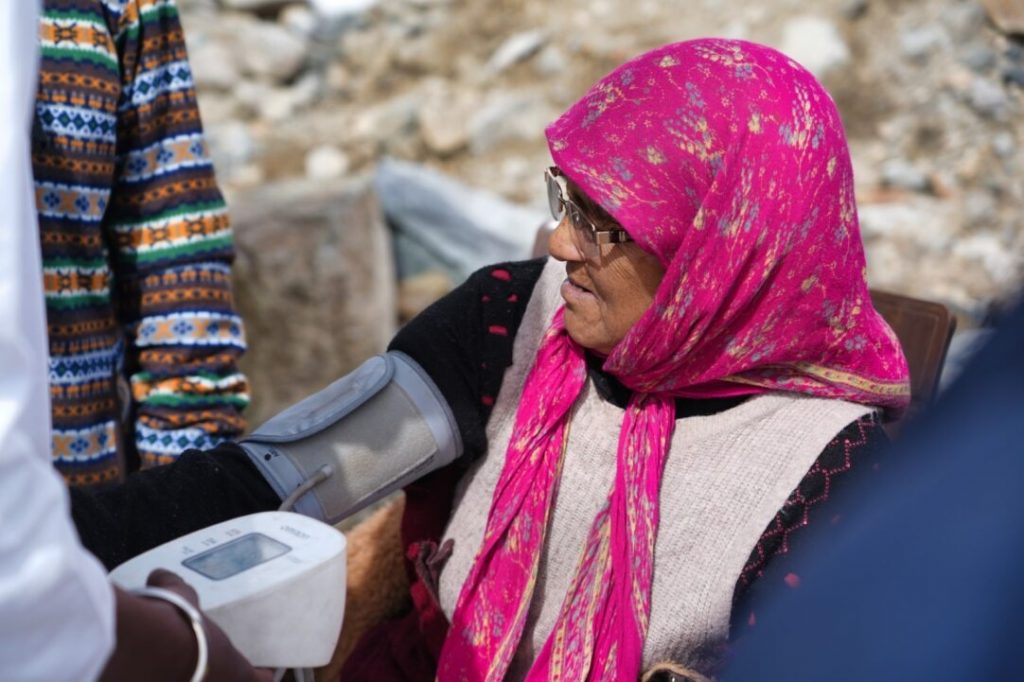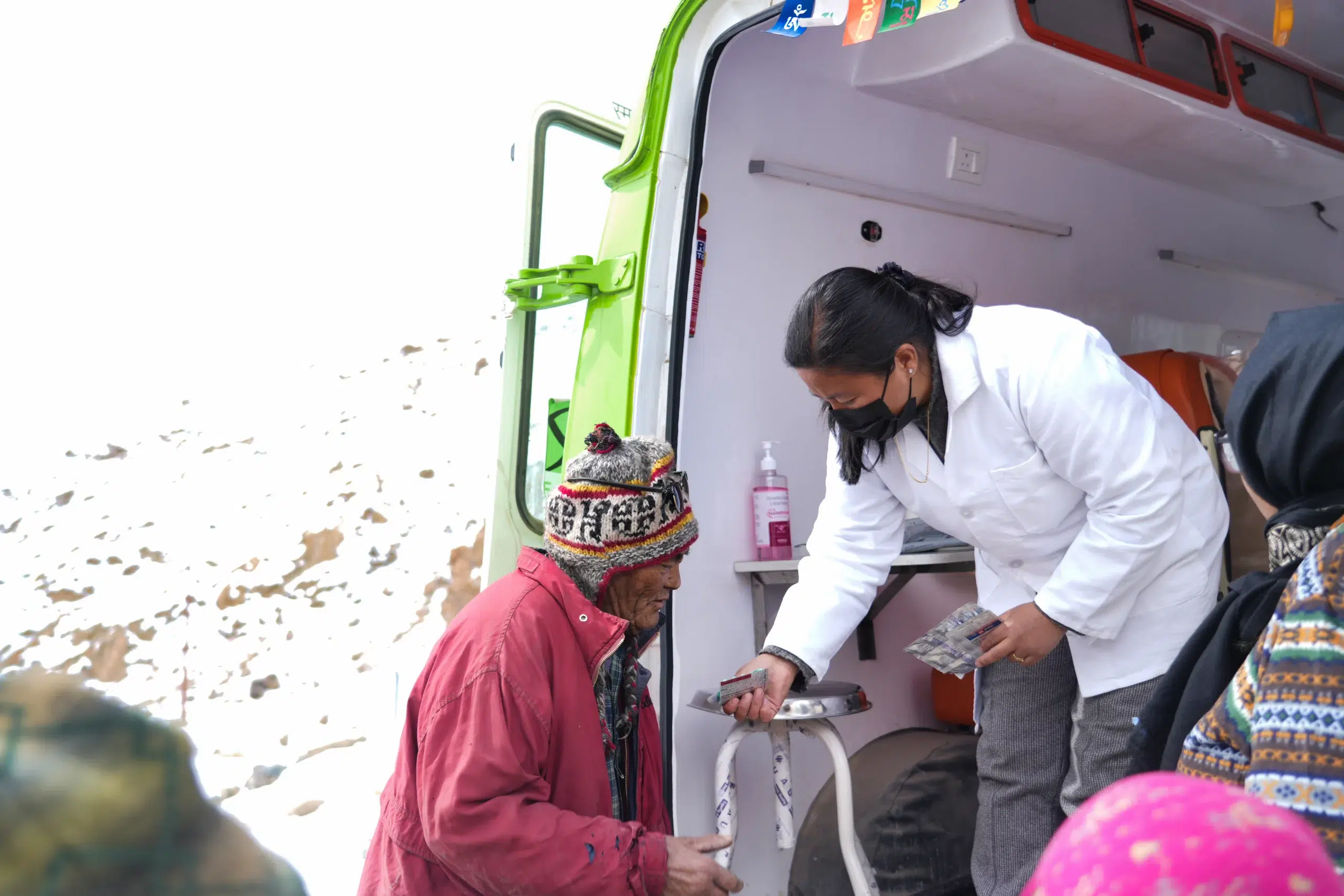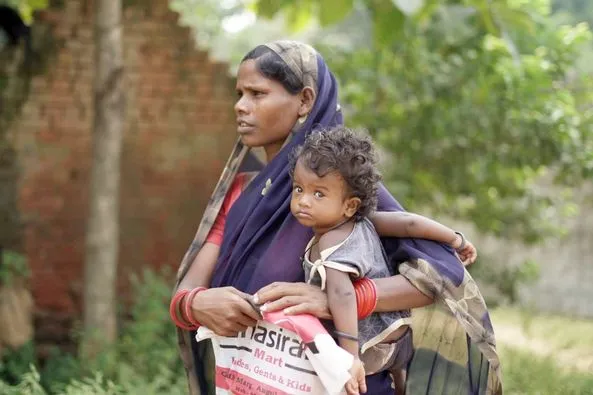The integration of technology into healthcare has rapidly transformed the way medical services are delivered and accessed, making healthcare more efficient, personalised and accessible. As healthcare costs continue to rise and disparities in access persist, technology offers innovative solutions to address these challenges. From the proliferation of telemedicine and mobile health apps to the use of artificial intelligence, technology is redefining healthcare.
In countries like India, where health equity remains a significant concern, especially in rural areas, the role of technology is becoming increasingly critical. By leveraging modern technologies, healthcare can reach underserved populations, providing them with the tools and information necessary to manage their health effectively.
The Importance of Technology in Healthcare
Enhancing Access to Healthcare
One of the most impactful contributions of technology to healthcare is improving access to medical services, especially in remote and underserved regions. Telemedicine has transformed healthcare delivery by enabling patients to consult with providers from their homes, which is particularly advantageous for those in rural areas where healthcare facilities are often scarce. This approach reduces the need for travel, ensures timely consultations and is vital for early diagnosis and treatment.
In India, where a significant portion of the population lives in rural areas, telemedicine can close the healthcare gap. Mobile health units with telemedicine capabilities can reach these remote regions, providing essential services and optimising healthcare resources through remote patient monitoring.
Empowering Patients Through Digital Health Tools
Digital health tools, such as mobile apps and wearable devices, have significantly empowered patients to manage their health. These tools enable individuals to monitor conditions, track symptoms and access health information conveniently. For instance, mobile apps can provide medication reminders, schedule appointments and offer educational resources, simplifying chronic condition management.
Additionally, mhealth tools enhance communication between patients and healthcare providers by enabling real-time data sharing. This allows healthcare providers to monitor patient progress more closely, resulting in more personalised and effective treatment plans. Continuous monitoring and timely interventions, made possible by these tools, are beneficial for improving outcomes in chronic disease management.
Data-Driven Healthcare
The integration of data analysis technologies, such as big data analytics and artificial intelligence (AI), is revolutionising healthcare by offering critical insights into disease patterns, patient behaviors and treatment outcomes. These tools empower healthcare providers to make more informed decisions, enhancing care quality and minimising medical errors.
AI can process vast datasets to uncover patterns invisible to human analysts, aiding in predicting disease outbreaks, optimising treatments, and identifying high-risk patients. Big data analytics is also vital in public health, guiding targeted interventions and policy-making. In India, where healthcare resources are often stretched, data-driven technologies can improve efficiency and equity, leading to better health outcomes.
Addressing Health Equity Through Technology
Reaching Underserved Populations
India’s population of 1.4 billion, faces health equity challenges, especially in rural areas with limited access to public health systems. Modern technologies, such as the internet and mobile phones, are being leveraged to bridge this gap by delivering essential health information. The widespread use of these technologies, including SMS reminders, mass media, and mhealth platforms, enhances communication and extends healthcare reach. According to the Telecom Regulatory Authority of India, as of March 2023, there were approximately 1.034 billion active wireless subscriptions, highlighting the potential of mobile technologies to improve health outcomes for underserved populations.
Digital health hubs can be established in rural and remote areas to provide access to telemedicine, health education and digital health records. These hubs can also serve as points for data collection, contributing to better public health surveillance and more informed decision-making. Additionally, community health workers equipped with digital tools can extend the reach of healthcare services.
Current Landscape in Healthcare In India
In India, technology is transforming public healthcare with significant advancements. The National Digital Health Mission (NDHM), launched on August 15, 2020, aimed to create a unified health infrastructure and connect practitioners and patients digitally. This initiative also endeavored to create a Health ID for every Indian, allowing the integration of digital health records and facilitating seamless healthcare delivery. The adoption of eHealth systems in hospitals like health management information systems is also on the rise.
Mobile health apps and telemedicine platforms like eSanjeevani are improving access to care, especially in rural areas, where almost 70% of India’s population resides. The government continues to invest in healthcare technology to improve service delivery and address public health needs more effectively
Smile Foundation’s Tech-Driven Approach to Transform Healthcare
Through initiatives like the Smile on Wheels mobile health units, Smile Foundation brings essential medical services directly to disadvantaged communities. In collaboration with CSR partners, the foundation has also launched mobile dental units that deliver diagnostic and curative dental health services in underserved and hard-to-reach areas.
The foundation introduced ReMeDi, a telemedicine system for remote consultations and real-time diagnostic tests, and Health Cube, a portable AI-powered diagnostic device providing quick results for over 30 tests to enhance healthcare access and efficiency for disadvantaged communities, enabling timely medical assessments and care without physical appointments.
Additionally, Smile Foundation provides teleconsultation services in Bengaluru, Chennai and Hyderabad to connect patients with specialist doctors, reducing the need for travel. With an aim to strengthen government healthcare facilities, the foundation has also worked towards upgrading the infrastructure at various Primary Healthcare Centres with new technologically advanced equipment.
The Bottom Line: Importance of Technology in Healthcare Interventions
The growing importance of technology in healthcare interventions cannot be overstated. While technology offers numerous benefits, its adoption in healthcare is not without challenges. Barriers such as lack of digital literacy, limited internet connectivity and concerns about data privacy can hinder the effective use of digital health tools, particularly in rural and resource-poor settings.
To overcome these challenges, investing in digital literacy programmes, expanding internet connectivity and ensuring affordable digital devices are crucial. Addressing data privacy and security concerns is also essential to building trust in digital health tools. By prioritising investments in technology and ensuring the accessibility of these tools, we can create a more equitable and effective healthcare system that benefits everyone.









